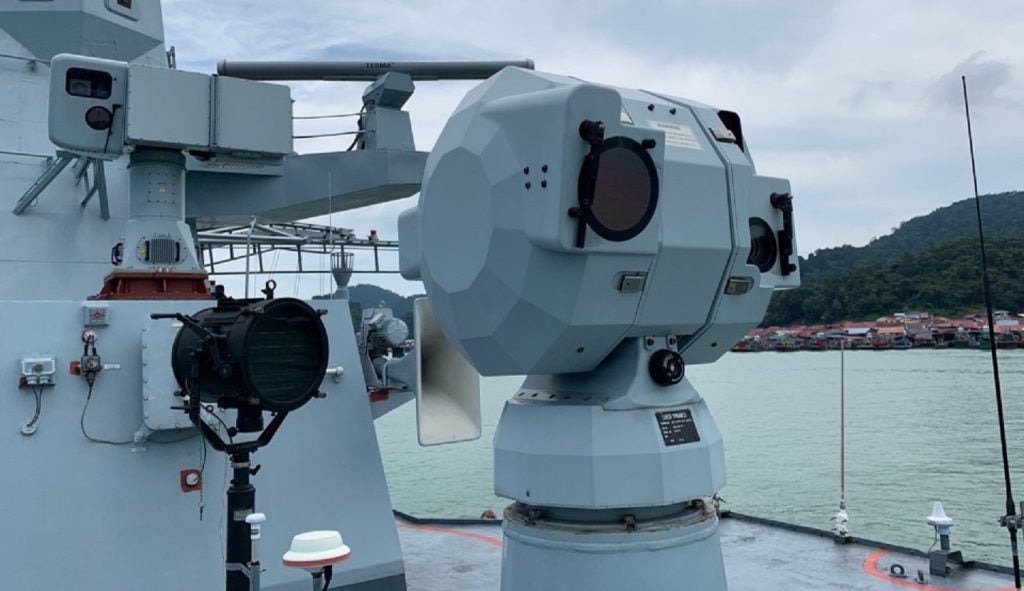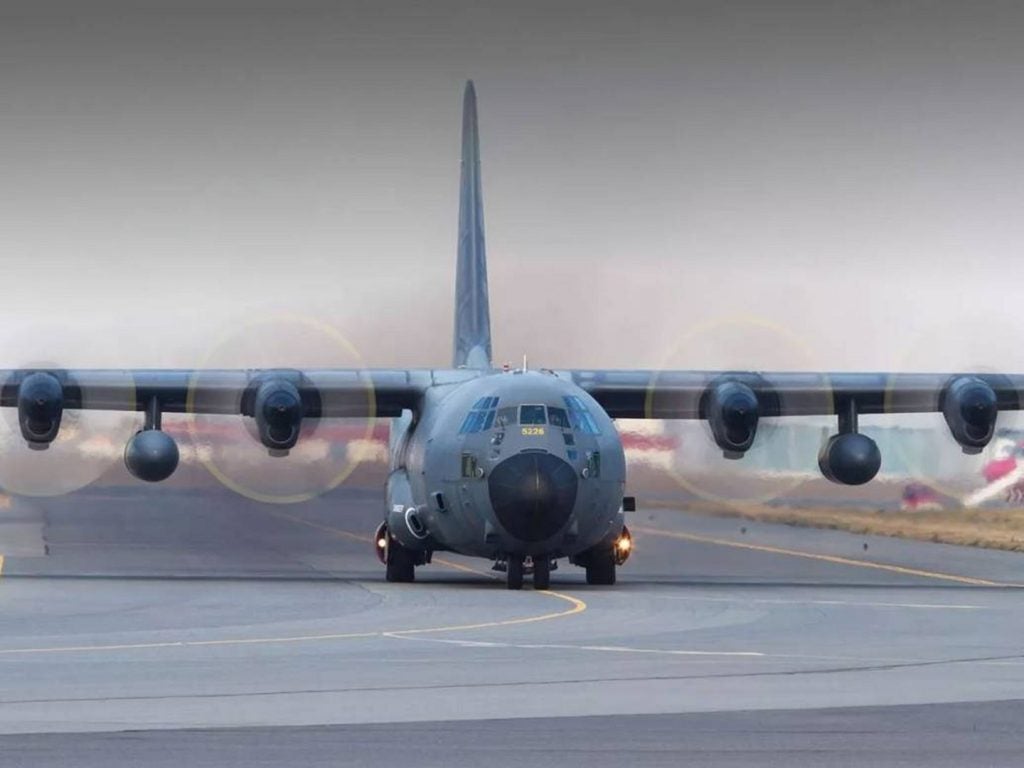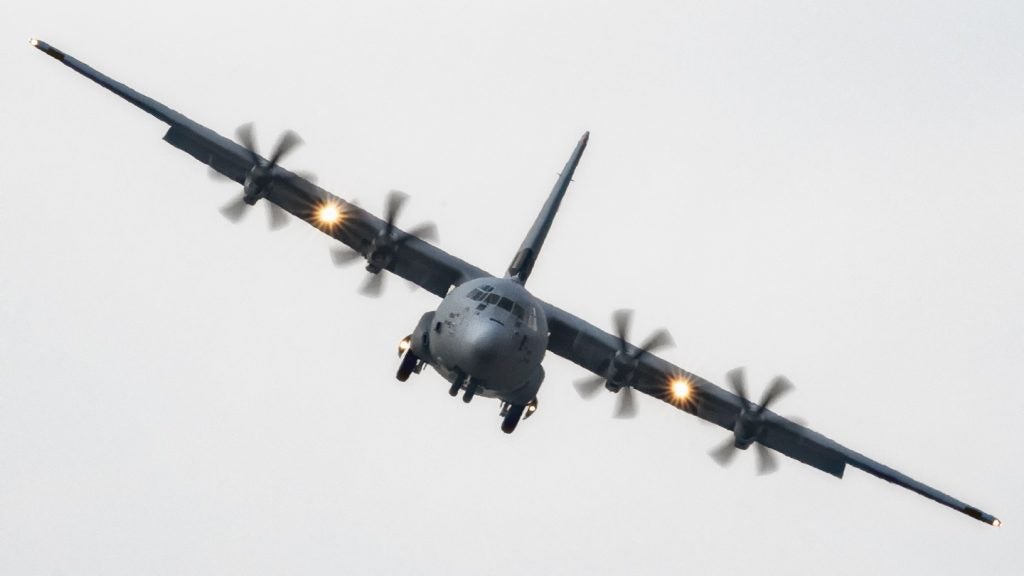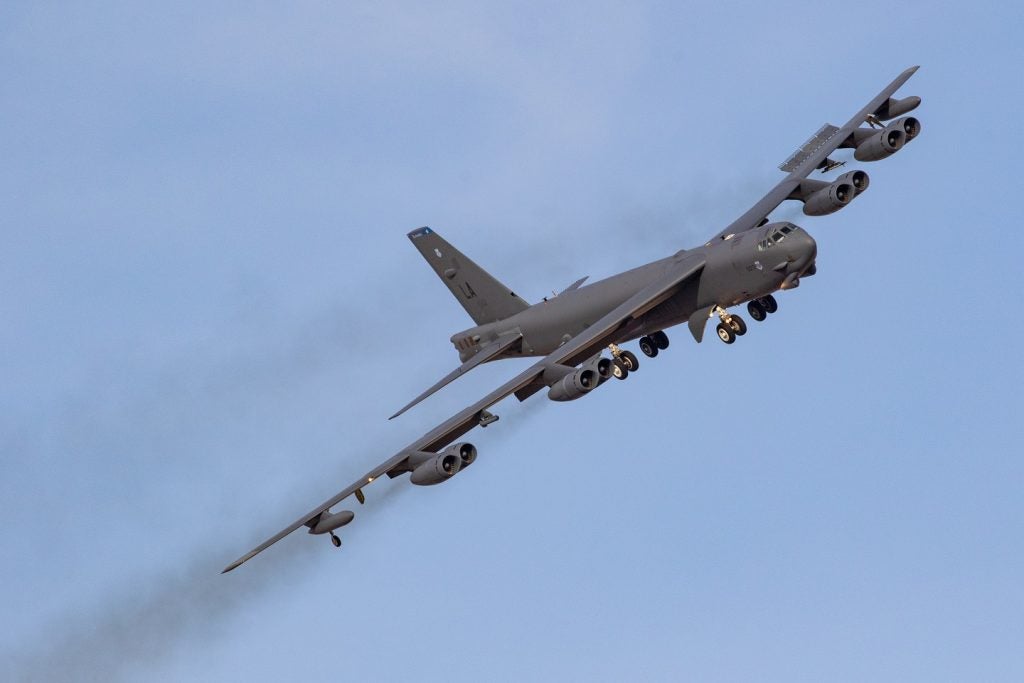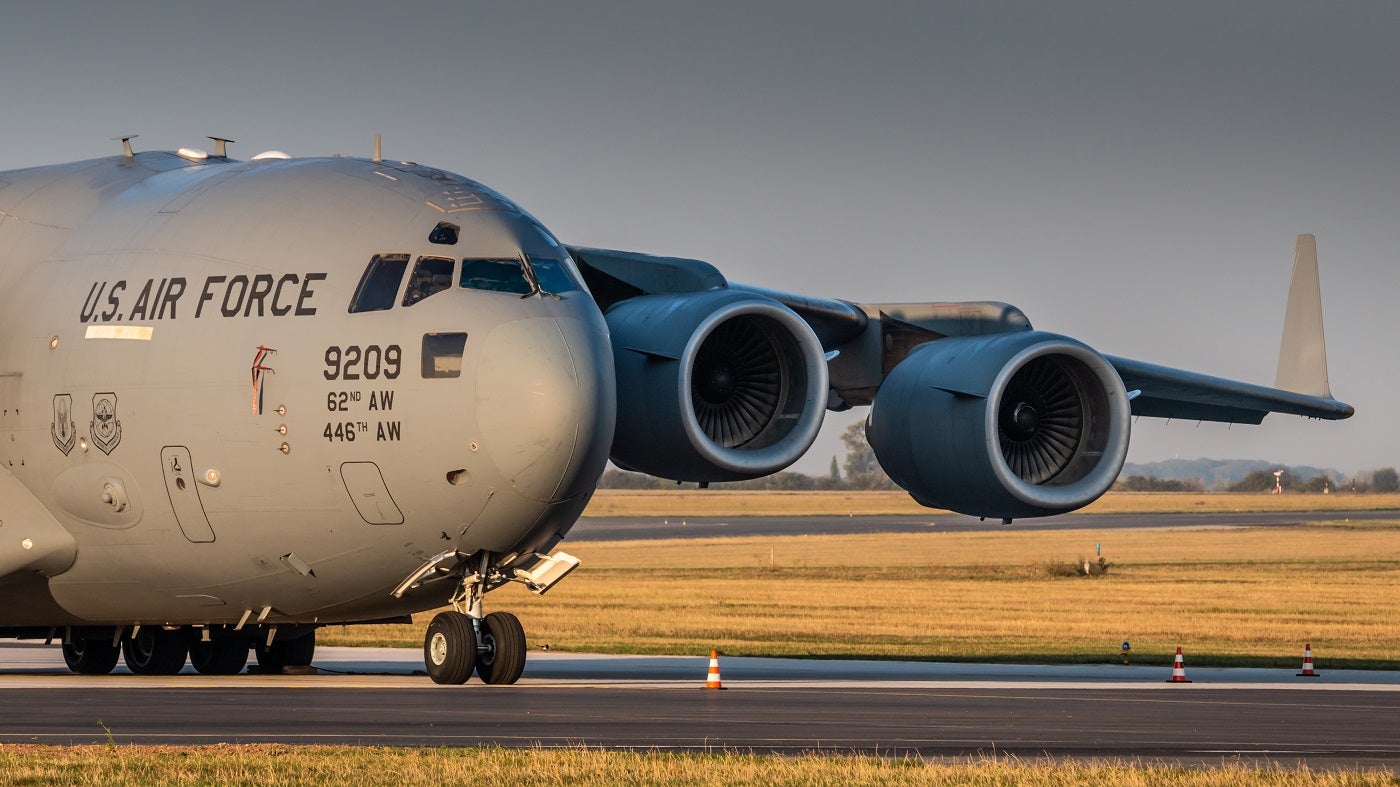
Pratt & Whitney, a business under RTX, announced today the signing of a significant $5.5bn modification to the existing F117 engine sustainment support contract with the United States Air Force (USAF).
This contract modification aims to provide enhanced engine services for the C-17 Globemaster III aircraft, which the USAF and eight international partners utilize. The sustainment work is scheduled to be carried out between now and the second half of 2027, primarily at Tinker Air Force Base in Oklahoma, with additional facilities in San Francisco and Columbus, Georgia.
An engine improvement package
The modification reinforces the readiness, affordability, and sustainability objectives of the US Air Force and includes an engine performance improvement package that should yield benefits. By extending the time on wing, this package will reduce the need for more than 20 shop visits per year, resulting in annual savings of approximately $29m in fuel costs.
Additionally, the improved fuel efficiency of the F117 engine is expected to save up to 6.5 million gallons of fuel annually, leading to a reduction of up to 140 million pounds of CO₂ emissions per year.
Jill Albertelli, President of Military Engines at Pratt & Whitney, expressed confidence in the global fleet of F117 engines, “The global fleet of F117 engines is a benchmark for dependable, safe and reliable propulsion.”
Albertelli also emphasized Pratt & Whitney’s commitment to maintaining the strength of its relationship with the Air Force, “As a trusted Air Force partner, we intend to maintain the strength of this relationship and bring new benefits to the Air Force and the eight F117 international operators.”
This latest upgrade, part of the sustainment support contract modification, will incorporate proven technologies already operational in other engine models. The hardware upgrade will be integrated during routine planned engine maintenance after completing all engineering changes, Service Bulletin publication, and industrialization of all parts.
Pushing longevity further
Pratt & Whitney has been a partner of the Air Force for over three decades, collaborating in developing, producing, and sustaining the F117 engine, the exclusive powerplant for the Globemaster III transport aircraft.
The C-17 Globemaster III passed a four million flight hours milestone in 2021, showing the longevity of the long-haul military transport aircraft. The same year, Boeing won a $3.5bn contract to sustain the C-17 Globemaster aircraft.
With over 17m flight hours accumulated, Pratt & Whitney’s F117 engines have supported military and humanitarian missions worldwide, including airlift operations and overnight combat airdrops in challenging locations.
Chris Johnson, Vice President of Fighter and Mobility Programs at Pratt & Whitney, highlighted a specific product improvement that will be incorporated under this contract modification. “One specific product improvement we are looking to incorporate under this contract is a compressor blade coating technology, which according to the Air Force Research Laboratory’s estimates, can extend time on wing by up to 16% and reduce fuel burn by over 1%,”
Johnson emphasized the win-win situation that can be achieved by enhancing durability, “If we can improve durability for the Air Force while lessening the impact on the environment, then that is a win-win.”




